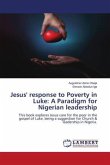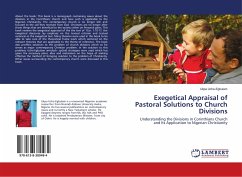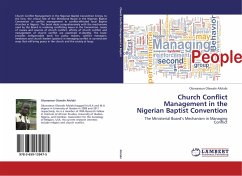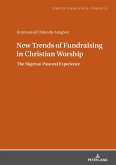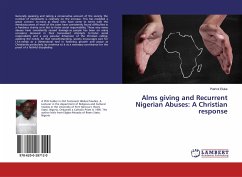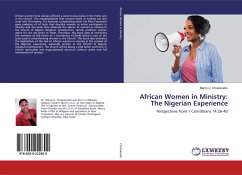This book examines the complex relationship between religious and ethnic bigotry within the realm of Nigerian politics. The book digs into how religious beliefs and ethnic affiliations often intersect to shape political decisions, policies, and interactions in Nigeria. Through a critical analysis of historical contexts, contemporary examples, and scholarly perspectives, the book explores the implications of this intersection on governance, social cohesion, and national unity. Also, the book highlights potential strategies for mitigating the negative effects of ethnic bigotry grounded in religious identities within the Nigerian political landscape.
Bitte wählen Sie Ihr Anliegen aus.
Rechnungen
Retourenschein anfordern
Bestellstatus
Storno


